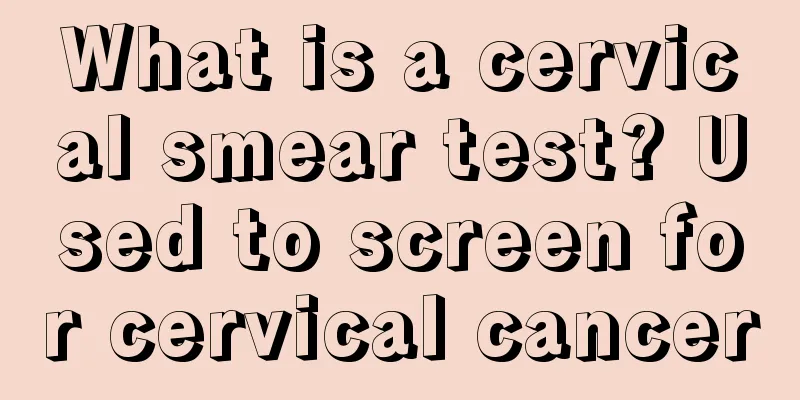What should I do if I have a hard, painful pimple?

|
Some people like to squeeze pimples on their faces with their hands. They feel uncomfortable if they don’t squeeze them, especially those big, red and swollen pimples. It’s annoying just to look at them, so it’s better to be ruthless and squeeze them out. This kind of pimple is usually caused by inflammation of clogged hair follicles and is very easy to get infected. You must use the right method when squeezing, otherwise it’s easy to get infected and become more serious. So, what should you do with these hard, big and swollen pimples? Methods/Steps This pimple starts out as a small hole with a little black in the middle. Nothing can be squeezed out. This is called a furuncle. It is an infection of the purulent hair follicle and the surrounding tissue deep inside the hair follicle. Furuncles may be caused by bacterial infection, air or food allergies, life stress, poor hygiene, illness, poor resistance, certain medications, eating too much junk food, wound infection, blood poisoning, or thyroid problems. It is painful, unsightly, sometimes leaves scars, and occasionally even dangerous. Furuncles often occur in areas of the body that are under pressure, such as the neck collar or buttocks. Furuncles often cause severe throbbing pain during their formation, especially if they are located on the forehead or jaw where the skin is dense and has high tension. At the beginning, if you find it is a boil, please don't squeeze it. Because after squeezing it, you will find a big swelling after a while or the next day. So first you have to keep the area around it clean. 6 ways to prevent and treat boils 1. Use warm compress to force pus out As soon as the boil appears, immediately cover the boil with a warm, wet towel for 20-30 minutes, 3-4 times a day. When the towel becomes cold, it needs to be replaced immediately. Warm compress is an excellent method for treating boils. It can promote the formation of pus heads and force the pus out, thereby accelerating recovery. 2. Puncture the boil When a boil has a pus head but is small and shows no signs of spreading infection, the patient can disinfect the needle with fire, puncture the boil and squeeze out the pus. Allowing a boil to burst on its own may cause more trouble since boils often burst during sleep. 3. Do not spread the infection While the boil is draining, keep the surrounding skin clean. Showering should be used when bathing to reduce the chance of the infection spreading to other parts of the body. After treating a boil, wash your hands thoroughly before handling food because staphylococci can cause food poisoning. 4. Cleanse every day The infected area should be cleaned several times a day and disinfected with a cotton swab dipped in medicine. You can also apply honey directly on the boil. Applying vitamin A and E cream directly to the boil is also effective. 5. Detoxification A bowel cleansing fast helps remove toxins that may cause boils. 6. Apply ointment Making a poultice out of onions may help with painful wounds. When using, wrap the plaster with cloth and do not apply it directly to the affected area. fold If the boil has caused your entire skin to swell, it is recommended that you go to the hospital for surgery and drainage. This is because your swollen skin affects the outflow of the pus inside. You can only go for surgery. If you wait any longer, you may have to have that piece of flesh cut off. END Precautions 1. Furuncles are small sores that are quite dangerous. If the bacteria in the boils enter the blood, it may cause blood poisoning. 2. Squeezing a boil on the lip or nose is dangerous because the infection may spread to the brain. 3. Other danger areas include the armpits, groin, and breasts of nursing mothers. 4. If the boil is extremely soft or grows on a thicker skin (such as the back), or if the patient is young, old or sick, you should consult a doctor immediately. |
<<: What to do if a bulge appears after squeezing a pimple
>>: Why do I always get acne on my forehead?
Recommend
Which vegetables can lower blood sugar? 8 kinds of vegetables with the best effects
Vegetables contain a lot of vitamins, which have ...
Can rice water be used to wash your face?
Rice water is not only waste water, but also a re...
What are the nutrient solution formulas for flowers and plants
Planting flowers and plants cannot be separated f...
What are the methods for examining oral mucosa
Nowadays, more and more people are affected and t...
Are you still eating leftover food? You must not eat these overnight dishes
Many people are tired of the boxed lunches in res...
How to treat lumbar muscle strain with minimally invasive surgery
In today's social life, with the busy work, i...
Can push-ups shrink your breasts?
In fact, many people have the problem of large br...
Fruit vendors teach you how to choose fruit
I won’t go into details about the benefits of fru...
What can I eat to quickly relieve a cough?
Colds and coughs are common symptoms of respirato...
When is the best time to get the cervical cancer vaccine? What should you pay attention to in preventing cervical cancer
The cause of cervical cancer is very clear. To a ...
What are the hazards of liver puncture for liver cancer
Liver puncture is a liver tissue biopsy. It is ve...
For breast cancer, protecting the armpit is more important than protecting the breast
Breast-conserving surgery is for patients with ea...
Can I eat pineapple if I have skin allergies? It turns out this is the case
Skin allergies are a common phenomenon in daily l...
How to arrange the frequency of brushing teeth
Everyone loves beauty, so there are often some la...
What to do if a patient with nasopharyngeal carcinoma has brain metastasis and how to provide care
Nowadays, many patients are concerned about the c...









